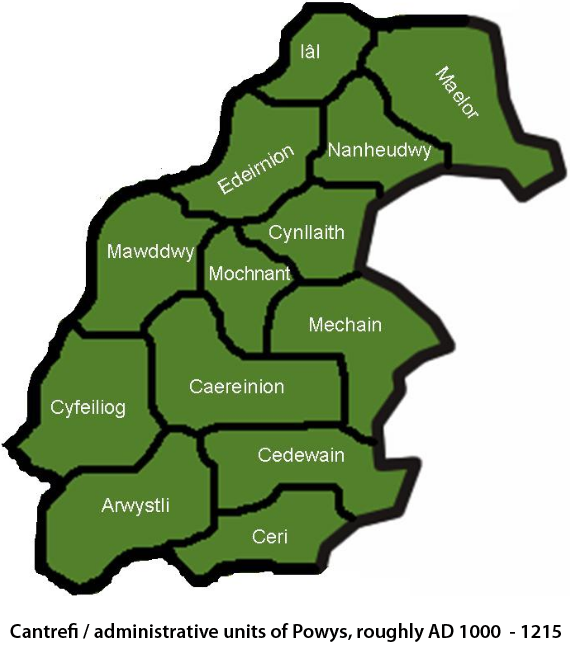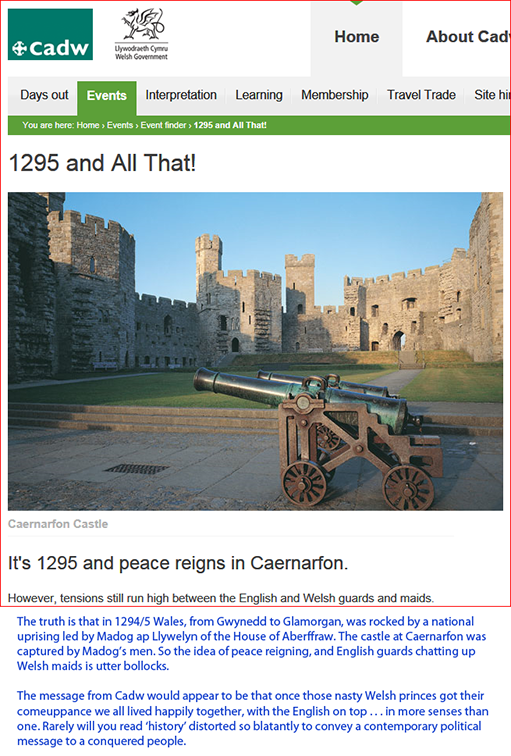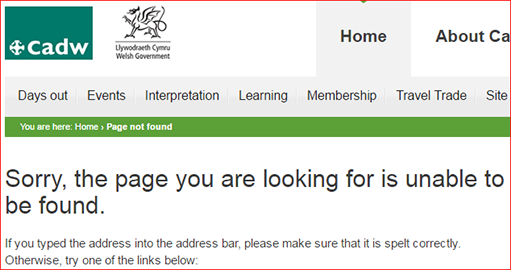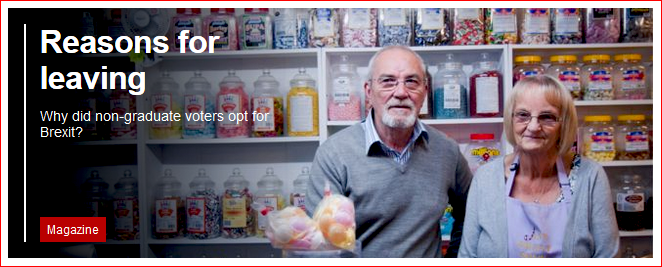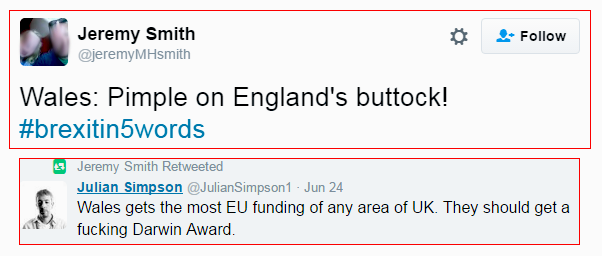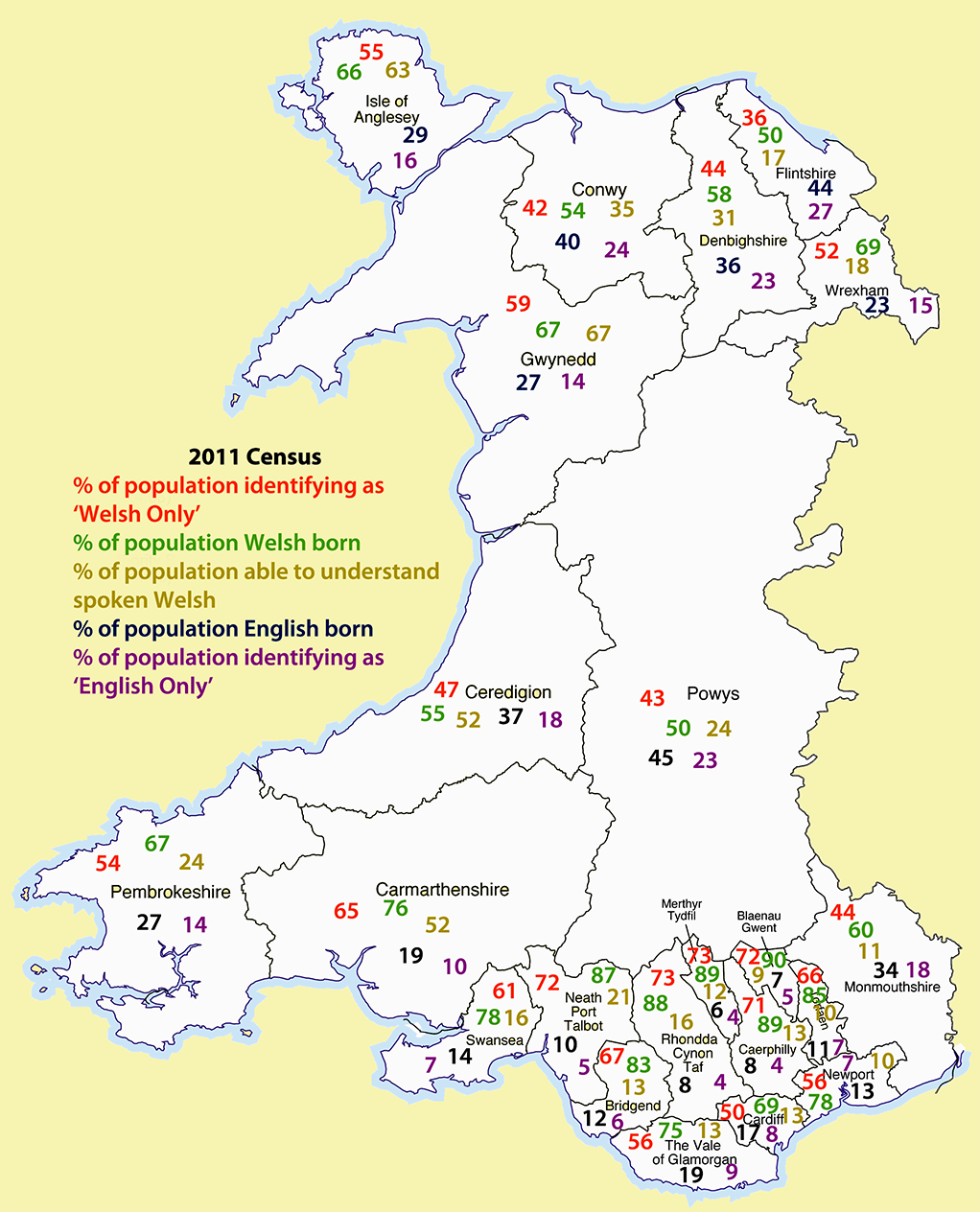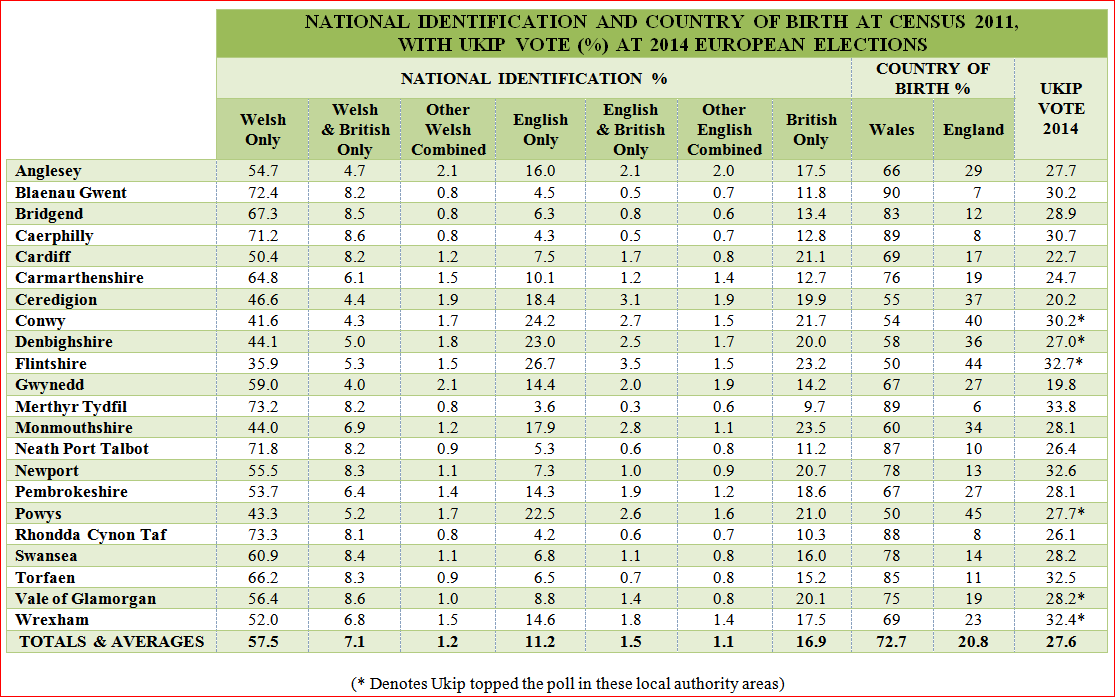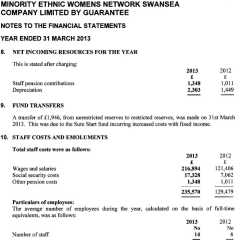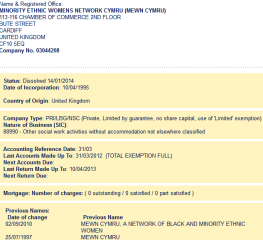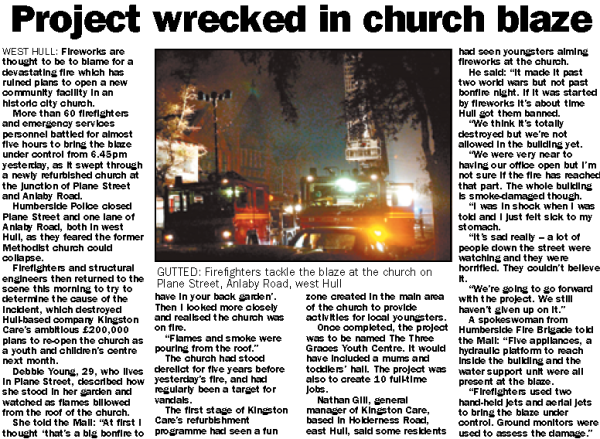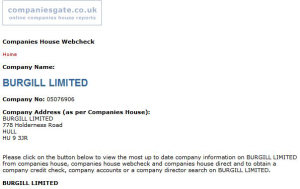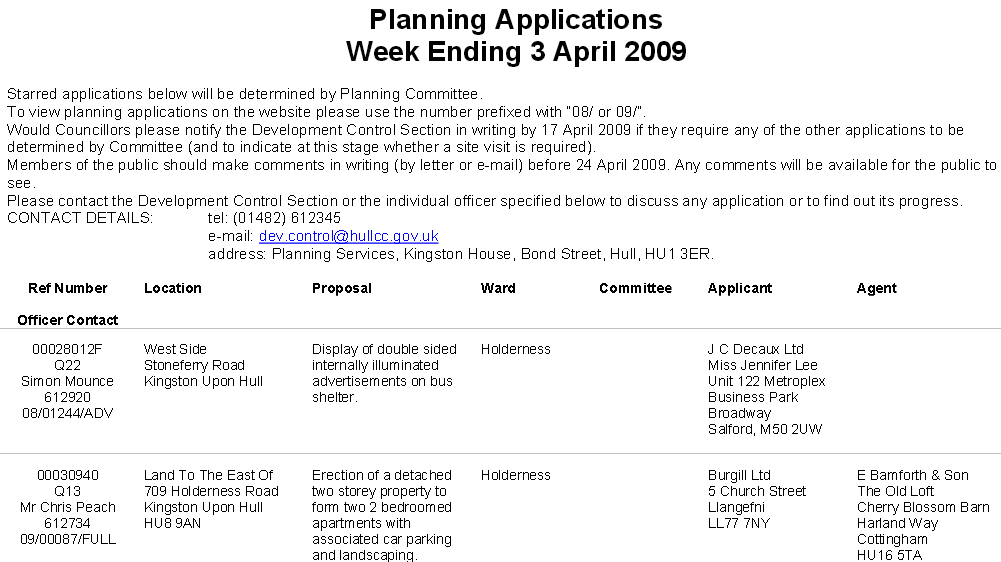PART 1: ‘THE BEAUTIFUL GAME’
This autumn has seen a succession of spats between the football associations of the ‘home’ nations and FIFA the international governing body of the game over displays of poppies, which FIFA deems to be a political symbol. These disputes reached something of a fever pitch last week when FIFA laid a number of charges against the Football Association of Wales (FAW) linked to the game against Serbia on November 12 (which I attended).
Press reports suggest that one of the charges was that fans had worn poppies in their coats! Which, if true, is insane. For not only would such a charge infringe personal liberty but also open up a vat of worms for those having to decide what qualifies as a political symbol. (At the game I wore a discreet Glyndŵr flag lapel badge.)
Consider Barcelona, one of the biggest clubs in the world, intertwined with Catalan identity and the independence movement. Everywhere at their stadium you will read it spelled out for you – Mes que un club (more than a club). Their big rivals are of course Real Madrid, the club of ruling Castille, the club of the monarchy, and the multi-ethnic – but definitely unified – Spanish state.
Last week Barcelona played in Glasgow against Celtic, an intense, occasionally tetchy, but nevertheless enjoyable game that saw the magnificent Celtic fans waving their Irish tricolours and singing their Irish rebel songs. Across town you’ll find arch-rivals Rangers, whose fans wave union flags and sing ditties such as The Billie Boys (‘Up to our knees in Fenian blood, etc’).
There are hundreds of other clubs in the world with an intensely partisan identity that is overtly and unmistakably political, or even ethnic. Until very recently only Basques were allowed to play for Bilboko Athletic Kluba and even though that rule now appears to have been relaxed Athletic Bilbao and the other Basque clubs retain an intensely nationalistic ethos. (Though Celtic and Rangers may be unique in that the fans are animated by the history and politics of another country.)
Come to that, what about international games, such as the one between Wales and Serbia that caused FIFA’s representative such concern? As with every competitive international game there were national flags, and national anthems – aren’t they ‘political’? Come to that, national teams, the raison d’être for FIFA, are obviously political because they represent nation-states or, in the case of Wales, a nation without a state.
Whereas on the other hand, the Serbs might argue that Serbia is a nation-state but too many Serbs are stranded outside the homeland, in Bosnia, Montenegro, Macedonia, Kosovo. And yet, Kosovo, a breakaway province of Serbia, handed over by NATO to Albanian gangsters was, in a blatantly political decision, admitted to both FIFA and the European governing body, UEFA, in May 2016. Too late to qualify for the World Cup Finals in Russia in 2018, which is just as well, because Russia doesn’t recognise Kosovo.
In other words, football at club and international level has always been political. Whether it’s the England team giving a Nazi salute in 1938, the so-called ‘Football War’ between Honduras and El Salvador in 1969, or German football fans welcoming refugees (last year). So for FIFA to try to punish Wales for individuals making the personal decision to wear a poppy is absurd. Worse, it could be dangerous; for does FIFA now wish to dictate what people wear to football matches?
♦
Early in the second paragraph I qualified my criticism of FIFA with “if true”, partly because I find it difficult to believe that anyone would try to dictate what football fans wear, and partly because it could be that what FIFA meant by ‘fans in the stand’ was the display organised by the FAW, not far from where I was sitting with my son and grandsons. (Being aware of this stunt in advance I was praying that our section of the crowd wouldn’t be involved. Taid being thrown out could have spoilt the night even more than the late Serbian equaliser.)
This stunt was arranged by placing cards on seats which, when held up, combined to give the image of a big poppy. This was rather naughty of the FAW, and very silly. Naughty because it forced people to be part of something about which they might have had reservations, and silly because it was sticking two fingers up to FIFA, which had already warned the FAW that the players should not wear poppies on their shirts, nor should there be other displays. But then, the Sun, the Daily Mail and other good friends of Wales said it should be done, so that presumably made it OK.
Now if it is this display of poppies organised by the FAW that FIFA is objecting to, and if it results in points being deducted and Wales not reaching the World Cup Finals, then I believe that the officials of the FAW will have failed us all and should consider their positions.
I say that because the duty of the FAW is to manage the game in Wales in the best interests of the member clubs, the national team and the fans, not to jeopardise the best interests of Welsh football by falling into line with the cynical and engineered poppy frenzy.
Personal freedom is one of the cornerstones of a democratic society, and must be defended. And that’s why FIFA is wrong if it charges the FAW for individual fans choosing to wear a poppy in their lapel. But considerations of personal freedom also put the FAW in the wrong for forcing individuals to be part of that poppy display.
I think we’re entitled to answers, from both FIFA and the FAW.
♦
PART 2: “SQUEAKY BUM TIME”
Demanding that everyone, including footballers, wears a poppy for the weeks leading up to Armistice Day and Remembrance Sunday is quite recent, maybe no more than a decade old. Here’s a photo from a Scotland v England game played on Saturday November 14, 1999, the day before Remembrance Sunday. There are no poppies. There was no one-minute silence before the game.
It’s fitting that the photo comes from 1999, and was taken in the home city of Sir Alex Ferguson, the great Manchester United manager, because that year almost certainly marks the start of “squeaky bum time” (a period of nervousness and uncertainty) for those who were soon promoting the poppy and what they wanted it to stand for.
Because 1999 was the year of the first elections to the Scottish Parliament and the Welsh Assembly. The SNP got 28.7% of the vote and 35 out the 129 seats in Scotland, while in Wales Plaid Cymru achieved 28.4% of the vote and 17 out of 60 seats. So even though Plaid Cymru did better than expected there was nothing for our masters to get overly concerned about in either country, yet within the establishment there were those who already feared where devolution might lead.
September 11, 2001 saw the attack on the World Trade Center in New York City, soon followed by retaliatory US and UK air strikes against Al Qaeda and Taliban targets in Afghanistan. To be followed by ground troops. January 4 2002 saw the first US soldier killed by enemy fire. The conflict dragged on.
The USA and UK invaded Iraq to remove Saddam Hussein in March 2003. All kinds of reasons were proffered to justify this aggression but none were convincing. It was regime change linked to oil, and another ‘All be home by Christmas’ intervention that dragged on, and on.
Then, in July 2005, London experienced suicide bomb attacks that killed 52 people, and carried out by British-born Islamic terrorists. These bombings were the most extreme expression of the growing anger within Muslim communities in Europe and the USA at the West’s military interventions in the Islamic world.
The May 2007 elections to the Scottish Parliament saw the SNP’s share of the vote climb to 32.9% of the vote, giving it the most votes, and with 47 seats (one more than Labour) it was now the largest party. Squeaky bum time was really upon us (or them).
By the end of 2007 it became clear that the Western world was entering a period of economic turmoil. It was equally clear that the recession had been caused by irresponsible lending by banks and mortgage institutions coupled with the imaginative trading of debts and other worthless packages. As with Afghanistan and Iraq, it was the USA and the UK leading the way, with other countries quick to blame ‘the Anglo-Saxon economic model’ of quick-buck trading having no concern for the wider economy, let alone society as a whole.
By 2010 everyone knew that the UK was up shit creek economically, with the public purse bailing out criminally irresponsible banks. The public turned against banks and the City of London. The UK was still bogged down in Afghanistan and Iraq. Al Qaeda had been overtaken by the much more ruthless ISIS, which had support from young British Muslims.
To cap it all, the Monarchy started losing what had been its 90+ per cent approval rating. I suspect this started with the death of Princess Diana in 1997, made worse by divorces and scandals, with the prospect of Charles becoming king viewed with concern in certain quarters.
♦
So our elite consulted that well-thumbed manual, ‘Cunning Plans For When Things Go Pear Shaped”. And there, in among chapters headed, ‘Blame Somebody Else’, ‘Start A War’, ‘Scapegoat A Minority’, ‘Do A Runner With The Loot’ and ‘Pray For Divine Intervention’ they found ‘Whip Up A Frenzy Of Faux Patriotism’.
This explains why, in the mid to late noughties the largely neglected poppy saw the first drops of revivifying water and became the symbol not of sacrifice in war but of British identity and ‘pulling together’. The UK media played its role with an enthusiasm almost unknown in democratic societies.
Could it get any worse for the establishment? Yes it could, for in May 2011 the SNP took 44% (+13%) of the vote and 69 seats, giving it a clear majority in the Scottish Parliament. There would now be a referendum on Scottish independence.
Television companies responded by going into overdrive in promoting British unity. In the final year of the Labour – Lib Dem coalition in the Scottish Parliament (to May 3, 2007) there were just 25 television programmes with ‘Britain’ or ‘British’ in the title. Between January 2013 and January 2014, with the SNP in power and the independence referendum looming, the number of ‘Britain’ / ‘British’ programmes had risen to 516!
♦
Which brings us to where we are today. To the point where the now regular autumn hysteria has reached absurd proportions. Here are a couple of examples.
On the evening of Friday November 18 I watched a televised football game (Brighton & Hove Albion v Aston Villa) and I couldn’t understand why the players had poppies on their shirts a week after Armistice Day and five days after Remembrance Sunday. Then the commentator told us it was to commemorate the last day of the Battle of the Somme!
So are we now compelled to remember every date that someone, somewhere, deems significant? And if so, where does this end? Can anyone remember any other instance of poppies being worn after Remembrance Sunday?
Nowhere is the poppy cult more slavishly followed than at the BBC. It is now obvious that from mid or late October no one is allowed to appear on any BBC programme without a poppy. (Though Evan Davis on Newsnight held out longer than most.) So terrified is the Beeb of falling foul of the Sun and the other directors of the national mood that anything that moves is liable to have a poppy pinned to it.
But this fear of manufactured British patriotism can bring its own problems, such as when someone at The One Show pinned a poppy on the Cookie Monster from Sesame Street. This outraged some for “trivialising the sacrifice of millions”, but as Dara Ó Briain suggested, it might have been satire, somebody having a pop at the poppy fascists. Here’s how the story was covered in Heatstreet, MailOnline, The Express, and the Huffington Post.
As the BBC discovered with the Cookie Monster, when you’re dealing with poppy fascists it’s difficult to do the right thing. Perhaps the rule for broadcasters should be to pin a poppy on everything that breathes irrespective of whether it wants to wear one or not. Which might result in an apologist for ISIS appearing on Newsnight or Channel 4 News wearing a poppy.
♦
PART 3: CUNNING PLANS GANG AFT AGLEY
What I hope I’ve explained is that the past decade has seen a poppy cult engineered to engender a sense of Britishness, patriotism and unity, in order to counter threats from within and without; also to divert attention away from military blunders and other cracks in the façade of the British system that had led people to question the roles of the armed forces, the Monarchy, the City of London and other institutions.
To some extent this has worked. For example, the first referendum on Scottish independence in September 2014 was ‘won’. Then, the prince who many would like to see accede to the throne instead of his father has knocked out a few sprogs, and the ‘Ah!’ factor always works for the House of Sachsen-Coburg und Gotha.
Yet the success of this strategy is now causing problems that the Elite had not foreseen. You’ll note that I’m talking now of an ‘Elite’, so let me explain myself. Perhaps the best way is to refer back to my post EU Referendum: Why I Want OUT! where I wrote of an Elite that opposes “nation-states, national identities, local governments, languages other than English, regional tastes and peculiarities. In fact, many of the things you and I cherish.”
Those behind the relentless promotion of the poppy are linked to that global Elite. They opposed Scottish independence and they were against Brexit, for they believe in the Elite’s agenda of globalisation and mass migration as these drive down wages and help destroy the national identities that are viewed as an obstacle to globalisation.
The problem is that for most English people ‘Britishness’ and ‘Englishness’, ‘Britain’ and ‘England’, are synonyms, and the English make up almost 80% of the UK’s population. Which has meant that by clumsily promoting the poppy and British nationalism as a short-term fix for assorted problems the Elite unleashed insurgent English populism that resulted in UKIP and Brexit, and may now take us on a journey no one foresaw.
This revolt against the Elite is not confined to the UK. Donald Trump is President-elect of the USA. François Fillon is the Centre-right’s candidate against Marine le Pen, and he will fight that election on a platform that Donald Trump would approve: making friends with Putin, cracking down hard on Islamic extremists, opposing same-sex couples adopting children, etc.
When the French go to the polls in April to elect a new president it will be a choice between a weak and demoralised Left on the one side, while the alternatives are the Hard Right and the Very Hard Right. Then, between Fillon and le Pen, attitudes to the EU could be the main and defining difference.
The liberal, globalist, ‘do your own thing’ consensus we’ve lived with since the 1960s is almost dead. Accidentally killed by an Elite that over-reached itself, assisted by a Left that had been allowed to dictate the social agenda (because it complemented the ambitions of the Elite) but so detached itself from the concerns of most people that ‘liberal elite’ is now a term of abuse.
For me, it’s one of the great political ironies that an annual propaganda exercise to defend established interests favouring the EU, centrist politics, globalisation and unrestricted immigration has breathed life into forces representing their very antithesis. But so fitting.
♦ end ♦









